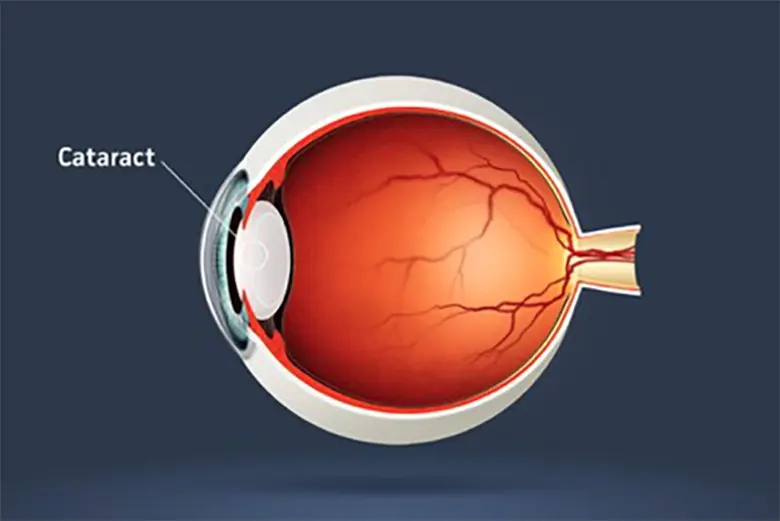Cataract Surgery
What are cataracts?
Cataracts are the clouding of the normally clear lens of the eyes. Usually in the early stages, only a small part of the eye’s lens is affected and therefore vision loss may not be noted.
As the cataract clouds more of the lens and distorts the light passing through it, your vision may then start to become cloudy, with activities like reading and driving becoming more difficult.
Developing cataracts is a natural process of ageing that cannot be avoided or prevented with medicine.
What is cataract surgery?
Cataract surgery is one of the most common surgical procedures performed worldwide. It is generally considered a safe procedure with a high success rate of well above 90%.
Types of cataract surgery
There are 2 main types of cataract surgeries:
Phacoemulsification cataract surgery
Phacoemulsification is the standard method for cataract surgery and has a 95% success rate. This is still the procedure of choice and is suitable for most patients.
During this procedure, your doctor will make a small incision at the edge of your cornea to enter the eye. Ultrasound is used to break up and remove the cataract. An artificial lens will then be implanted to restore your sight. No stitches are required as the wound often seals on its own.
The entire process takes about 15 – 20 minutes and is treated as a day case.
Laser-assisted cataract surgery
Laser-assisted cataract surgery is similar to phacoemulsification surgery where ultrasound energy is used to break up the cataract. The difference is that laser-assisted cataract surgery uses a femtosecond laser to replace manual incisions for these 3 steps:
- The corneal incision
- Creating a circular opening in the capsular bag
- Making cuts in the cataract to break it down into smaller pieces
There are several benefits to laser-assisted cataract surgery, as opposed to traditional phacoemulsification cataract surgery:
- 3D imaging allows for the shape of your eye to be mapped precisely so as to create a customised surgical plan.
- The use of laser improves the precision of surgery.
- There is more precise placement of incisions and positioning of the artificial lens.
- The laser is also used to cut the cataract into 4 – 6 pieces, reducing the amount of ultrasound energy needed to remove the cataract.
Laser-assisted cataract surgery can be performed for most patients who have pupils that dilate well. It may be indicated especially for particularly complicated cases, such as when the:
- Cataract is advanced
- Cornea is weak
- Lens is unstable
Why do you need cataract surgery?
Ageing is the most common cause of cataracts which, over time, may grow larger and cloud more of the lens, making it harder to see.
Visit a doctor when you experience any of the following symptoms:
- Blurry, cloudy or dim vision
- Double or multiple vision
- Glare or halos
- Increasing myopia (short-sightedness)
- Declining night vision
What are the risks and complications of cataract surgery?
Cataract surgery is normally safe and most patients heal well with good vision. However, infection may sometimes occur and can result in poor vision. Warning signs of infection include:
- Discharge from the eye
- Increasing pain and redness of the eye
- Sudden blurring of vision
- Swelling of the eye
Some other complications are retinal tear, retinal detachment and bleeding. Retinal detachment happens when the retina, which sits all the way back in the eye, separates from the eye wall.
Symptoms of retinal detachment include:
- Feeling like there is a darkened shadow or 'curtain' over part of your eye
- Having new floating spots in your vision
- Seeing flashes of light
See your doctor immediately if you notice any of these symptoms.








